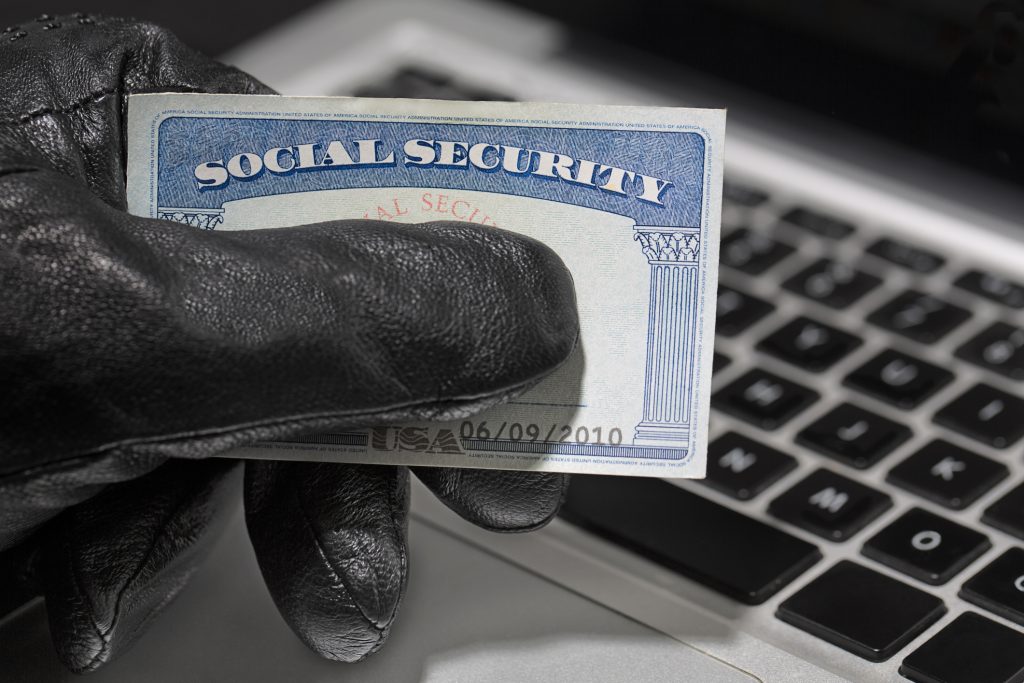This Memorial Day, we pause to remember and honor all who have served. Thank you for your dedication and sacrifice. We are forever grateful.
This Memorial Day, we pause to remember and honor all who have served. Thank you for your dedication and sacrifice. We are forever grateful.
Brady is the owner of Ramsay & Associates. He specializes in financial statement preparation and personal, fiduciary and corporate tax and accounting.
His professional experience includes seven years' experience for local and national CPA firms before joining Ramsay & Associates in 2006.
He has a Bachelor of Accounting degree from the University of Minnesota Duluth. He is a Certified Public Accountant, a member of the Minnesota Society of CPA's, an Eagle Scout, as well as an active volunteer in the community.
Identity theft continues to be a growing problem, with instances of tax-related identity theft increasing every year. This can be a frustrating, time-consuming issue for taxpayers. Here are some things you need to know about tax-related identity theft.

Tax-related identify theft occurs when a social security number is stolen and used to file a tax return for a fraudulent refund. Many victims of tax-related identity theft are unaware that it has occurred until they file a return and discover that one has already been filed under their social security number. In other cases, taxpayers may receive a letter from the IRS stating that they have identified a suspicious return.
For 2017, the IRS, state agencies, and the tax industry enacted new safeguards and actions to combat tax-related identity theft.
It is important to know the warning signs of possible tax-related identity theft. This is especially important if the IRS or your tax professional contact you regarding:
The Federal Trade Commission recommends these steps if you become a victim of identity theft:
If you know or suspect that you are a victim of tax-related identity theft, the IRS recommends that you:
Find more information from the IRS Taxpayer Guide to Identity Theft.
With an increase in scams and stolen personal information, the Minnesota Department of Revenue has stated that it is taking the time necessary to ensure that the correct refund goes to the correct person. The department reviews every return to verify information provided, and therefore, the length of time to process that return may vary from year to year.
Learn more from the Minnesota Department of Revenue. For Wisconsin, visit the website of the State of Wisconsin Department of Revenue.
Tax-related identity theft may also occur when thieves use a stolen Employee Identification Number from a business to create fraudulent W-2s. The accounting and tax professionals at Ramsay & Associates can assist taxpayers with individual and business tax-related identity theft – both with taking preventive actions and correcting any issues after identity theft occurs. Contact us for more information or to schedule an appointment.
Brady is the owner of Ramsay & Associates. He specializes in financial statement preparation and personal, fiduciary and corporate tax and accounting.
His professional experience includes seven years' experience for local and national CPA firms before joining Ramsay & Associates in 2006.
He has a Bachelor of Accounting degree from the University of Minnesota Duluth. He is a Certified Public Accountant, a member of the Minnesota Society of CPA's, an Eagle Scout, as well as an active volunteer in the community.
Brady is the owner of Ramsay & Associates. He specializes in financial statement preparation and personal, fiduciary and corporate tax and accounting.
His professional experience includes seven years' experience for local and national CPA firms before joining Ramsay & Associates in 2006.
He has a Bachelor of Accounting degree from the University of Minnesota Duluth. He is a Certified Public Accountant, a member of the Minnesota Society of CPA's, an Eagle Scout, as well as an active volunteer in the community.
This site is for informational purposes only and is not intended to be a solicitation or offering of any security and:
We are registered to offer securities in the following states: Arizona, Arkansas, California, Florida, Montana, Minnesota, North Carolina and Wisconsin.
Securities offered through J.W. Cole Financial, Inc. (JWC) Member FINRA/SIPC. Advisory services offered through J.W. Cole Advisors, Inc. (JWCA). Ramsay Wealth Management and JWC/JWCA are unaffiliated entities.
PRIVACY POLICY